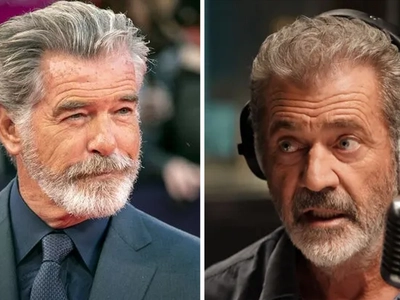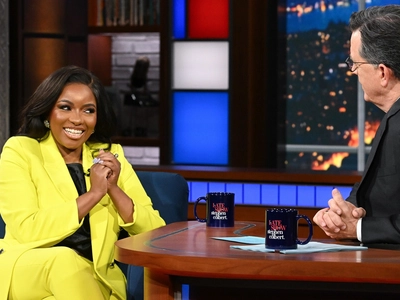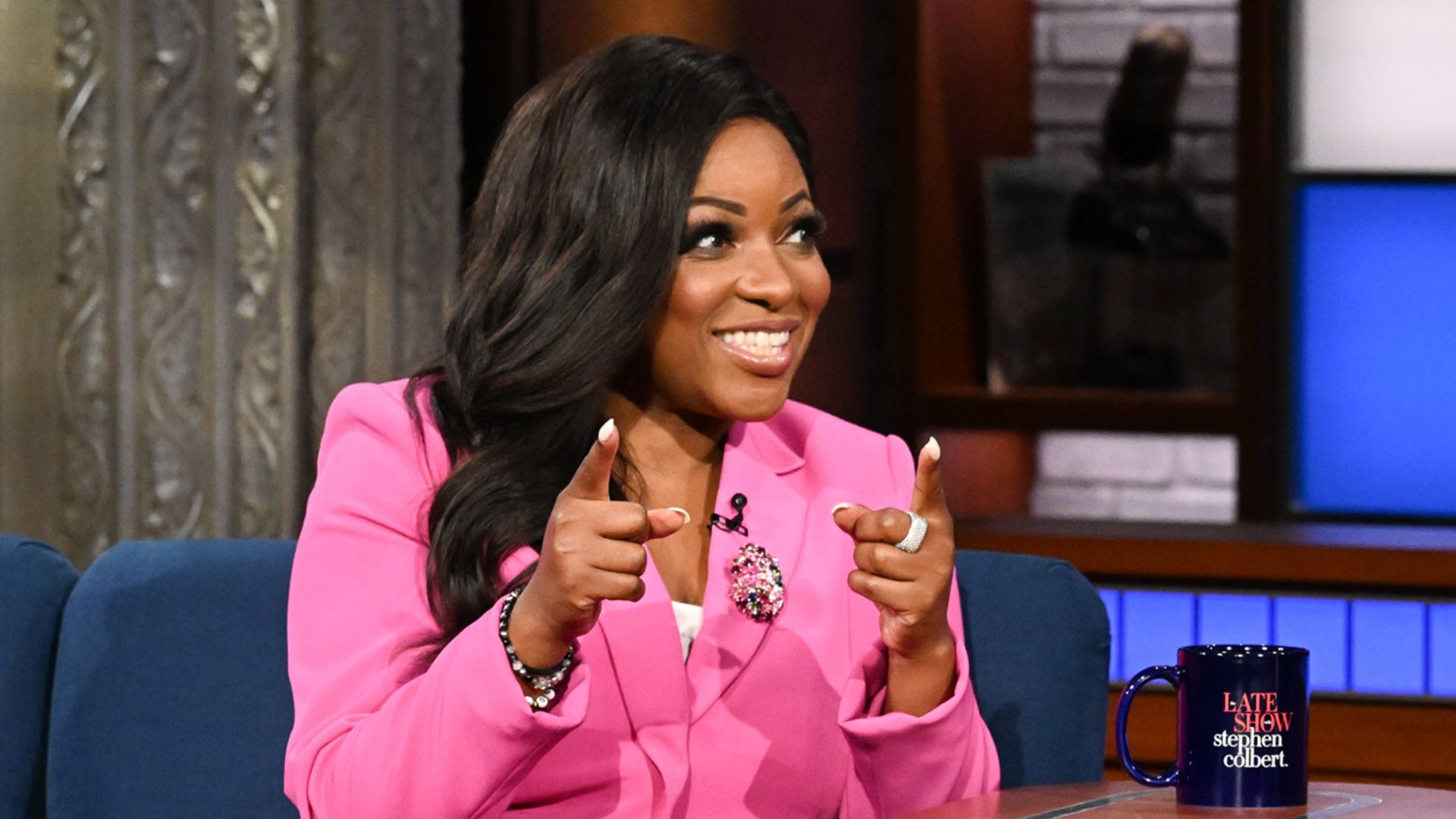Pierce Brosnan Joins Mel Gibson's 'Unwoke' Film Revolution: The Moral Stand Hollywood Doesn't Want You to Know
The entertainment industry is buzzing with whispers of a seismic shift that could reshape Hollywood forever. At the center of this storm? Two legendary actors whose names alone spark intense debate: Pierce Brosnan and Mel Gibson. The story that's lighting up social media claims these powerhouses are joining forces in what some are calling the most audacious challenge to Hollywood's establishment in decades.
When Icons Break Ranks
Pierce Brosnan, the suave former James Bond who epitomized sophistication on screen for years, has allegedly made a move that's sending shockwaves through Tinseltown's elite circles. According to viral reports, Brosnan has dramatically shifted away from mainstream Hollywood to align himself with Mel Gibson's controversial independent production ventures.
The implications are staggering. We're talking about a man who once represented the pinnacle of Hollywood glamour—tuxedos, martinis, and million-dollar action sequences—potentially burning bridges with the very system that made him a household name.
The Gibson Factor: Lightning Rod of Controversy
Mel Gibson remains one of Hollywood's most polarizing figures. Love him or hate him, his name generates instant reactions. The Oscar-winning director and actor has spent years operating outside Hollywood's inner circle, creating films that often challenge conventional narratives and push boundaries that make studio executives nervous.
Gibson's approach to filmmaking has always been uncompromising. From "The Passion of the Christ" to "Hacksaw Ridge," he's proven that audiences hunger for stories that mainstream Hollywood often won't touch. His success outside the traditional system has made him both a pariah and a prophet, depending on who you ask.
The Moral Stand That's Dividing Hollywood
Sources suggest that Brosnan's alleged decision wasn't purely creative—it was deeply personal. The veteran actor reportedly described the move as "a moral stand," hinting at frustrations that have been building for years behind Hollywood's glittering facade.
What could drive a man who seemingly had everything—fame, fortune, and industry respect—to potentially risk it all? Industry insiders whisper about systemic issues that go far deeper than creative differences. They speak of compromise, control, and the gradual erosion of artistic integrity in favor of box-office calculations and political correctness.
The Secrets They Don't Want You to Know
Perhaps the most explosive aspect of this alleged partnership is what it might reveal about Hollywood's hidden machinery. Both Brosnan and Gibson have been in the industry long enough to witness its evolution—and its compromises. They've seen careers destroyed, projects killed, and voices silenced.
The entertainment industry has always been about power, but veteran actors suggest the landscape has become more restrictive than ever. Creative decisions are increasingly made by committees focused on avoiding controversy rather than creating compelling content. Artists feel pressured to conform to narrow worldviews or risk being labeled difficult, unmarketable, or worse.
A New Model for Independence
What makes this potential alliance so significant is its timing. Audiences are increasingly hungry for authentic storytelling, tired of formulaic content that feels focus-grouped to death. The success of independent films and streaming platforms has proven that viewers will seek out content that speaks to them, even if it doesn't come from major studios.
Gibson's production model represents something Hollywood fears: proof that you don't need their blessing to create successful, meaningful entertainment. His films consistently outperform expectations, connecting with audiences who feel underserved by mainstream offerings.
The Industry Pushback
Hollywood's response to this alleged rebellion reveals everything about why such partnerships matter. When established actors publicly critique the system or align with controversial figures, the industry's protective instincts kick in. Careers can be quietly sabotaged, projects mysteriously stalled, and reputations systematically attacked.
The entertainment press, deeply embedded within Hollywood's power structure, often serves as an enforcement mechanism. Stories get buried or spun, narratives get shaped, and dissenting voices get marginalized. It's a sophisticated system of control that most audiences never see.
What This Means for You
Whether or not this specific partnership is real, it represents something larger: the growing divide between institutional Hollywood and the audiences it claims to serve. More actors, directors, and industry professionals are questioning whether the current system allows for the kind of authentic storytelling that audiences crave.
This tension affects every moviegoer, every TV viewer, every person who invests their time and money in entertainment. Are we getting the stories we deserve, or are we getting the stories a small group of gatekeepers thinks we should have?
The Future of Entertainment
The potential Brosnan-Gibson alliance highlights a crucial moment in entertainment history. Technology has democratized content creation and distribution. Audiences have more choices than ever. The old gatekeepers are losing their monopoly on reaching viewers.
This shift terrifies traditional power brokers because it threatens their control over cultural narratives. But for creators and audiences alike, it represents unprecedented opportunity. Stories that were once impossible to tell can now find their audience. Voices that were once silenced can now be heard.
The Real Question
Ultimately, the buzz around this alleged partnership forces us to confront an uncomfortable question: What kind of entertainment industry do we want? One where a small group of executives determines what stories get told and how they get told? Or one where creators have the freedom to explore challenging topics and connect directly with audiences?
The answer will shape not just Hollywood's future, but the cultural conversations that define our society. And that's a discussion worth having, regardless of whether Pierce Brosnan and Mel Gibson are actually working together or not.
The revolution might not be televised, but it's definitely being talked about. And in Hollywood, sometimes that's where the real power lies—in the conversations that make people uncomfortable, the alliances that challenge assumptions, and the stories that refuse to be silenced.
What side of this cultural divide do you find yourself on? The answer might say more about the future of entertainment than any studio executive's quarterly report.



